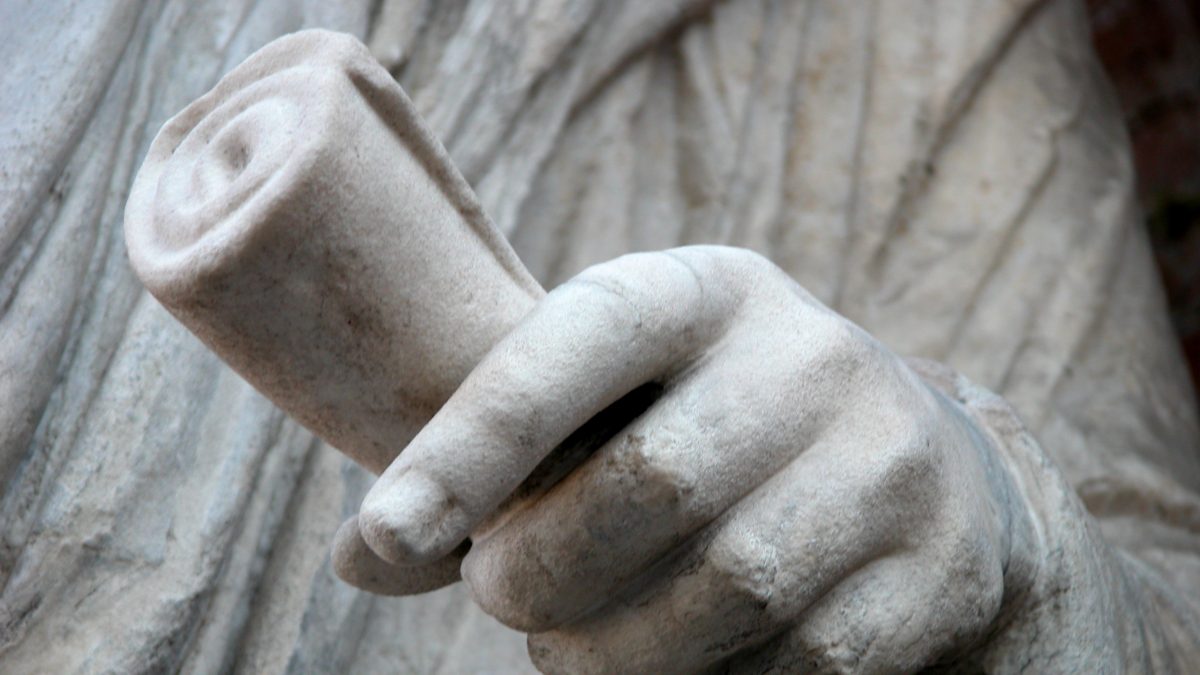Lessons of History: Rulers would rather kill people than allow them to share ideas freely

In my last column, I outlined how the Power of Narrative is the biggest power anybody can hold in society, and the civil unrest that follows when it is handed over. I wrote a little bit about parallels between the printing press and today’s Internet in terms of how that power is shifting. However, most people aren’t prepared for just how far rulers are prepared to go to defend their power of narrative: judging by history, they would rather have people killed than thinking freely.
They say that people who don’t study history are doomed to repeat the mistakes of history (and meanwhile, those who do study history are doomed to stand by watching others repeat those same mistakes). Therefore, it is absolutely vital to understand the power struggles around the printing press.
I wrote in my last column that Martin Luther’s mass-printed bibles in German and French, the so-called Luther Bibles, enabled the common folk to completely bypass the clergy’s reading of bibles in Latin, enabling them to go straight to the source material and cut out a gatekeeper, something that led to a century of civil war.
That era was so turbulent, it deserves more attention. The power play and the power shifts are fairly identical to what we’re seeing with the Internet today – only the players are different, but the privileges being upended are largely the same, right down to a monopoly on duplication (yes, that would be copyright).
The Luther Bibles started coming out in 1522 (New Testament), and this set off a panic in the nobility of the time. Royalty at the time was mostly willing to give the clergy and nobility what they asked for, as long as giving the common folk what they asked for wasn’t more important, and the clergy’s panic around the ability to print copies of material that broke their Power of Narrative called for increasingly harsh punishments – until on January 13, 1535, in France, the penalty for using a printing press for any reason reached the death penalty by hanging.
Did you get that part? There was a death penalty for making unauthorized copies, and even that didn’t work to prevent copying. Not even the death penalty deters a people who have tasted the ability to seek and share ideas freely. The lesson from history here is that rulers would rather have people dead than thinking. Literally.
The official justification for the law, as cited by people who have read the original law books from 1535, was “to prevent the spread of dangerous ideas”. What can be more dangerous than something contradicting the official narrative? If you’re an institution who considers itself responsible for educating the public to its level of necessity and rationing the knowledge available, somebody circumventing your gatekeeping and distributing not just all ideas unfiltered, but also distributing unsanctioned ideas – that’s dangerous to all of society. (The rest of society might not see it that way, but you would.) We see the exact same words being used today when mainstream media is throwing names at people using the net to circumvent them.
The French death penalty against printing in 1535 didn’t work. Not at all. People circumvented the ban by any means available, and books were pouring in to France from all her six borders.
England went another way, seeing the failure of even capital punishment to deter the spread of new ideas: Queen Mary (“Bloody” Mary, infamous for her persecutions of wrongthinkers) colluded with a printing guild, the London Company of Stationers, and gave them a complete monopoly on printing anything and everything in England – but only in exchange for the Crown’s censors being able to determine which ideas got printed, and which ones weren’t allowed.
This censorship mechanism, which was created on May 4, 1557, was called copyright – and it survives to this day, except for a short lapse between 1695 and 1710.
This piece of history tells us why anonymity is, and has always been, important when sharing information, knowledge, and culture. There is a direct red line between today’s copyright industry and people being punished for sharing the wrong piece of culture in the 1500s.
Until policy has changed drastically, privacy remains your own responsibility.
Comments are closed.

I still wonder what will happen when they do what they do here in Sweden: Instead of saying “We’ll do these bad things to you if we catch you doing that”, they say – constantly repeating and from a young age – “If you do that, you belong to those horrible people that wants bad things to happen to us all”.
This is the material that Swedish Statens Medieråd ( approx. The Government’s Media Council) has for use in schools, the campaign is called “No Hate”, of course implying that doing otherwise equals hate. It’s in Swedish, but I’ll translate the interesting bit below. www (dot) statensmedierad (dot) se/publikationer/nohate/nohateiskolanelever (dot) 1473 (dot) html
Page 8 describes how (unnamed, unreferenced) psychologists have explained that we are meaner online than in real life because anonymity makes us let go of all that holds us back, and “a new study” shows that it is primarily the lack of eye contact that makes us “lose it”.
Page 39, Point two, translated: DO NOT LIE: Use your real name when you post or comment.
I’m ashamed that my tax money goes to such material…